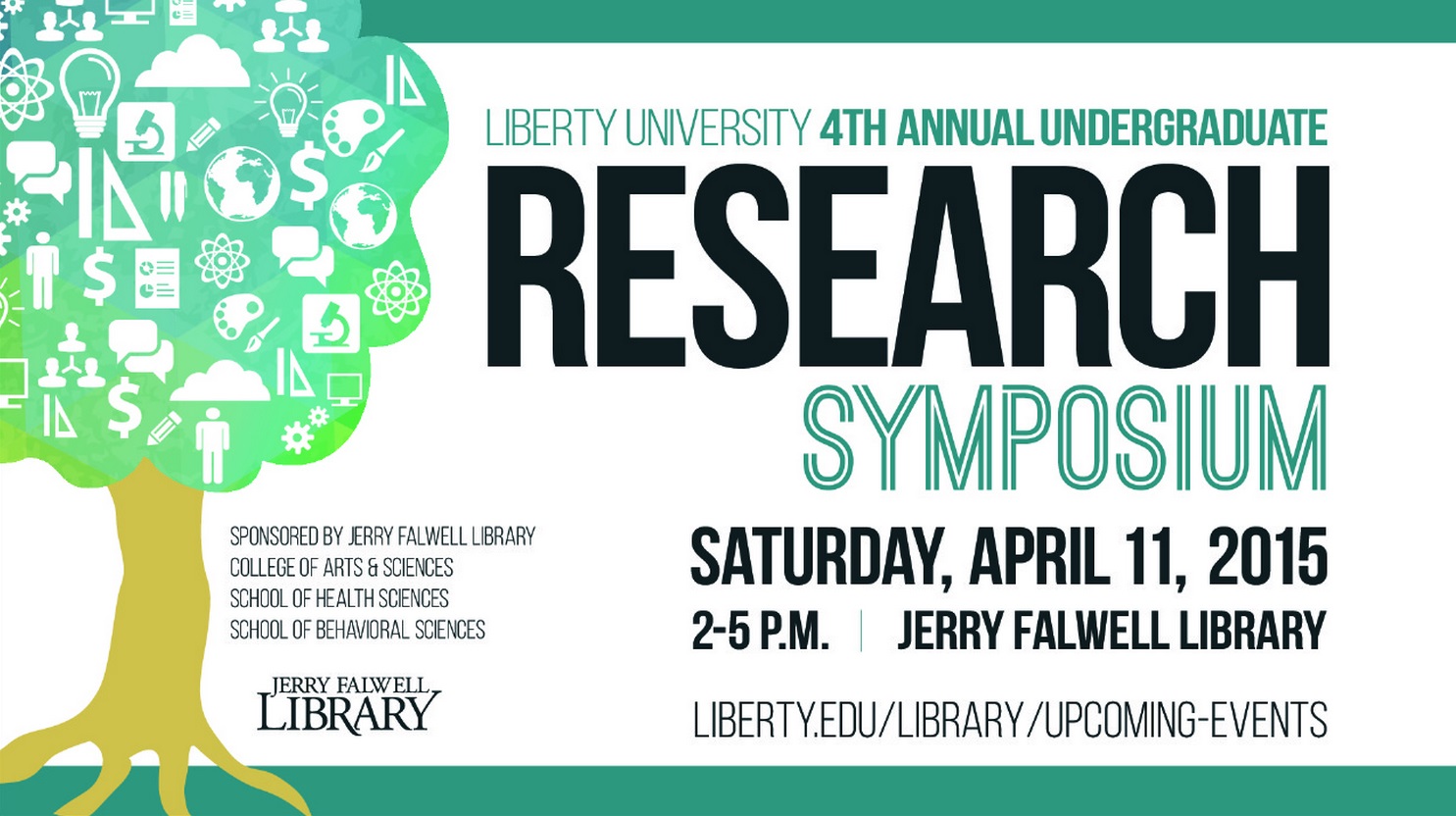Oral Administration of Avian IgY as Passive Immunization for Colitis in Mice Alternative Treatment Against Diarrhea in Medically Underserved Populations
Proposal Type
Presentation
Location
Jerry Falwell Library, Terrace Conference Room A
Start Date
11-4-2015 4:20 PM
End Date
11-4-2015 4:40 PM
Oral Administration of Avian IgY as Passive Immunization for Colitis in Mice Alternative Treatment Against Diarrhea in Medically Underserved Populations
Jerry Falwell Library, Terrace Conference Room A
Each year approximately 500,000 children die from rotavirus-induced diarrhea. Currently there is no treatment against rotavirus. Recent studies have shown great promise in utilizing chicken antibodies (IgY) harvested from egg yolks as passive immunization against gastrointestinal diseases, with some support regarding the therapeutic benefits specifically against rotavirus. Despite the progress, there are still many holes within the research, and our goal was to fill in the gaps and pursue the possibility of using IgY in clinical trials in the mission field. Although this is a lofty goal, the first step was designing research that could be conducted at the undergraduate level and then progressing from there. Liberty University is not equipped at this moment to conduct viral research, therefore Citrobacter rodentium was used as a substitute to induce diarrhea. Chickens were immunized with a Citrobacter rodentium vaccine in order to elicit the production of Citrobacter rodentium-specific IgY. The IgY was isolated from the chicken eggs and fed to mice infected with Citrobacter rodentium. In short, the Citrobacter rodentium-specific IgY will function to neutralize the infection in the gastrointestinal tract of the infected mice in a similar manner to the host’s own antibodies. The mice treated with IgY exhibited decreased severity of infection and decreased mortality. The next steps in the research consist of advancing the research to involve rotavirus and eventually using these methods in the mission field.



